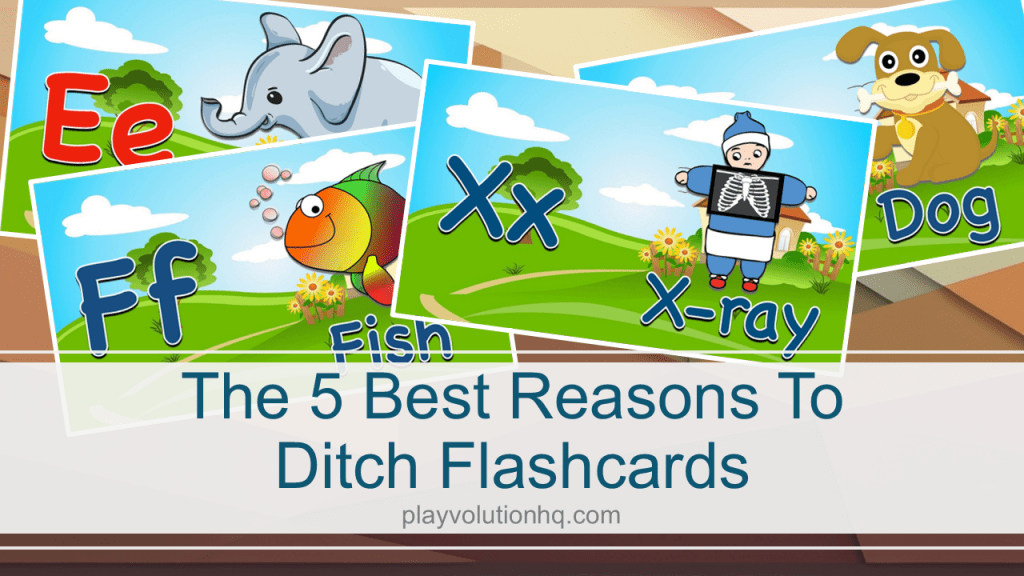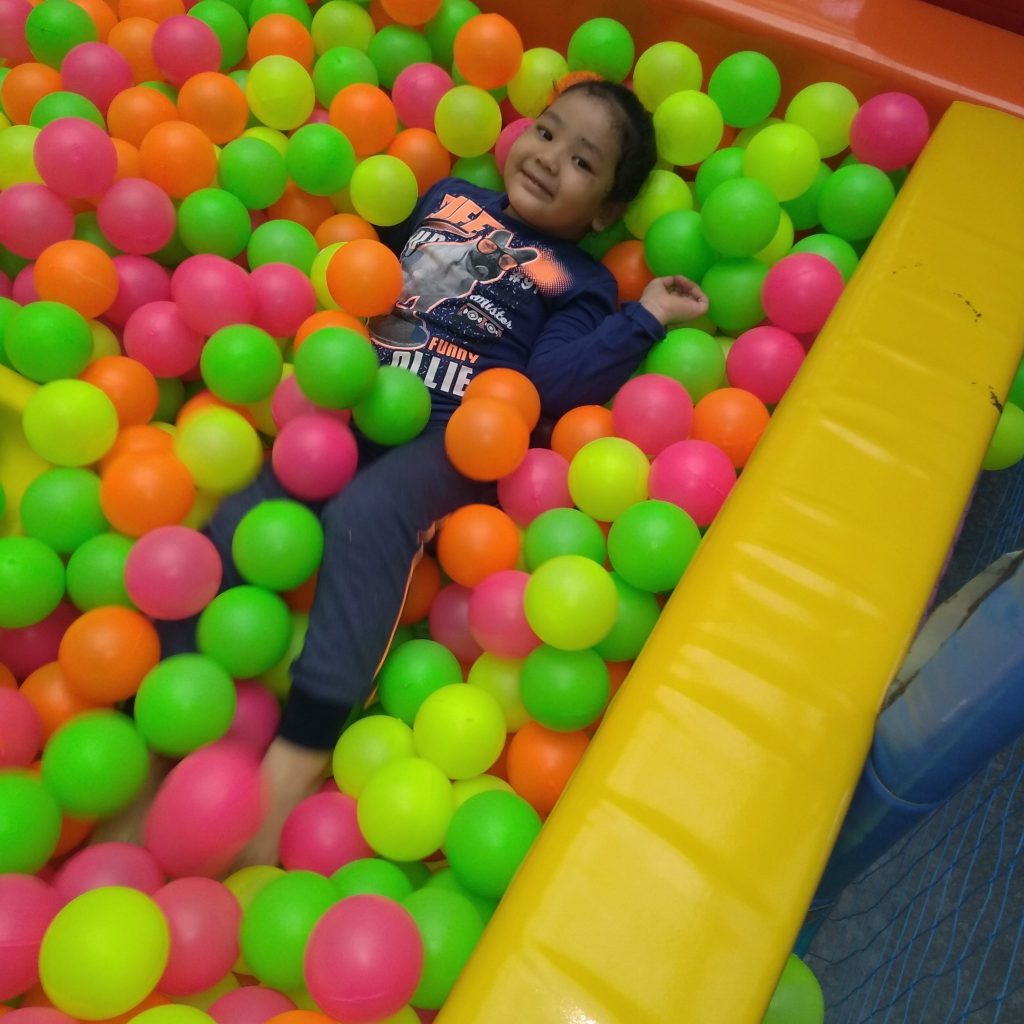
Table of Contents
This post examines the 5 best reasons to ditch flashcards in early learning settings. Flashcards are a popular tool for teaching young children, but they are ineffective and inappropriate for toddlers and preschoolers. While some argue that flashcards help children develop academic skills early, there are more child-friendly (and effective) methods for reaching those goals.
This post looks at the 5 reasons to ditch flashcards, examines some common arguments for their use (and why they may not hold up under scrutiny), and offers an idea for making good use of any flashcards you have lying around.
Flashcards Problems
The following are the 5 best reasons to ditch flashcards:
Developmental Mismatch
Flashcards, which emphasize rote, sedentary activity, don’t align with children’s natural learning processes. Young children learn best through active, hands-on exploration and play. Kids are active doers of things. Young brains prefer sensory-rich, meaningful experiences, not passive repetition. For instance, a toddler may learn about “red” more effectively by bumping into the idea during active play with red crayons, play dough, balls, and toy cars rather than repeatedly seeing the word or color on a card.
Lack Of Context
Another reason to ditch flashcards is that they often isolate information like letters, numbers, or shapes from meaningful experiences. This disconnect makes it harder for children to understand and apply what they’ve “learned” in real-world situations. Recognizing the letter “A” on a flashcard doesn’t necessarily translate to understanding the letter’s various sounds or its role in building words.
A distinct childhood memory: I confidently answered “crayon” after seeing a flash card with a green crayon, only to feel shocked when the teacher told me the correct answer was “green.” I argued my position unsuccessfully. I was wrong because I didn’t understand the context surrounding those cards. Color was the only thing that mattered. I wish my teacher had decided to ditch flashcards.
Overemphasis On Academics
Many parents and early learning settings feel a need to rush kids into academics when the evidence suggests such rigor is not beneficial and may be harmful. In a world where adults expect two-year-olds to act like three-year-olds and three-year-olds to act like five-year-olds, slowing things down might be a good idea.
Drilling with flashcards can create frustration or stress for young children because they feel pressure to get the “right” answer (see my memory above). Early negative experiences with learning can dampen a child’s natural curiosity and lead to a dislike of academic activities. Pushing academic skills like early reading and math through flashcards can lead to losing interest in learning.
Missed Opportunities For Holistic Development
The learning that results from flashcard drills is limited at best: memorization of basic information. It might impress Aunt Bertha when she comes to visit for Thanksgiving dinner, but it is pretty useless beyond that. Time with flashcards also adds more sedentary time to the days of already overly sedentary kids.
Instead, time spent drilling with flashcards could be used for dynamic child-led play activities that support sensory integration, language development, social-emotional learning, and more.
Limits On Creativity And Critical Thinking
Focusing on flashcards also limits time for developing more profound skills like problem-solving, creativity, and independent thinking. Open-ended play and exploration better cultivate these skills. Of course, a side benefit of that open-ended play is that children bump into and remember all of the facts that flashcards have to offer them as they go about the work of play.

Debunking Common Arguments For Flashcards
Flashcards remain popular among some parents and educators. Here are 3 of the most common arguments for their use and why the argument may not hold up in practice.
LEARNING!
Proponents of flashcards argue that they introduce young children to letters, numbers, and other academic-focused skills, giving them a “head start” for school. While early exposure can be beneficial, the method matters. Flashcards focus on surface- level memorization rather than deep, meaningful understanding. Any learning that occurs is shallow.
Children learn the above academic concepts more effectively through everyday experiences and play. For example, counting apples while grocery shopping, pointing out letters in a favorite book, or messing around with lots of colors of paint or play dough embeds learning in real-world contexts, making it more relevant and engaging.
Flashcarding also tends to be a stationary sport. Bodies are not in motion, and very few sensory systems are engaged. On the other hand, child-led play and exploration tend to be active and sensory-rich. This is an important distinction since information sticks in our brains better when multiple sensory systems are involved, and our bodies are in motion.
Child-led play offers more when it comes to learning.
Convenient, Affordable, And Not Messy
Flashcards are often praised for being portable, affordable, and easy to use, making them appealing to busy parents and caregivers. While convenience is important, whether the learning outcomes justify the effort is worth considering. Simply showing a child flashcards doesn’t guarantee retention or understanding—and may not foster the joy of learning.
Although it can get messy, allowing children big blocks of time for uninterrupted self-led play and exploration with loose parts is also convenient and affordable, resulting in deeper learning. If learning is the goal, dealing with the mess should be worthwhile.
Flashcards Help Build Memory Skills
Advocates claim that flashcards strengthen memory through repetition. While this may be true for older children or specific learning goals, toddlers and preschoolers benefit more from multi-sensory, engaging activities that naturally enhance memory.
Again, play wins out. Children build stronger and deeper memories (and memory skills) when engaged in unhurried, self-selected play and exploration. Memories of colors, numbers, letters, and words, but also memories of catching fireflies on warm summer evenings, reading stories to a favorite doll, and successfully leaping off the swing while it was in motion for the first time. Memories, like learning, are stickier when accompanied by lots of sensory input and motion.
What To Do With Your Flashcards
If this post changed your thinking about flashcards, don’t just trash the decks of cards you have. Drilling with flashcards may not align with developmentally appropriate practices for toddlers and preschoolers, but the simple, colorful, portable cards can have a second life as loose parts in child-led play.
They can spark creativity when children can explore them in open-ended ways. A stack of flashcards might become a pathway for toy cars, menus in a pretend restaurant, or process art supplies. Unlike structured drills, this type of play lets children assign their meaning and purpose to the cards, encouraging problem-solving and imaginative thinking.
This approach supports self-expression and autonomy as children decide how the cards fit into their unique play scenarios. So, instead of retiring those flashcards to the back of the junk drawer, consider adding them to your loose parts collection and see how young minds transform them into something far more meaningful than memorization drills.
Ditch The Flashcards Wrap-Up
Flashcards might seem like a quick and easy way to teach young children, but they are lacking compared to child-led play and exploration. Their use also promotes sedentariness and can lead to missed opportunities for richer learning experiences. Instead of drilling with flashcards, focus on play-based, hands-on activities that engage children’s curiosity and creativity.
Contribute content to Playvolution HQ
Brought to you by Explorations Early Learning
Browse Trainings

Post Author
Jeff Johnson is an early learning trainer, podcaster, and author who founded Explorations Early Learning, Playvolution HQ, and Play Haven.

Leave a Reply